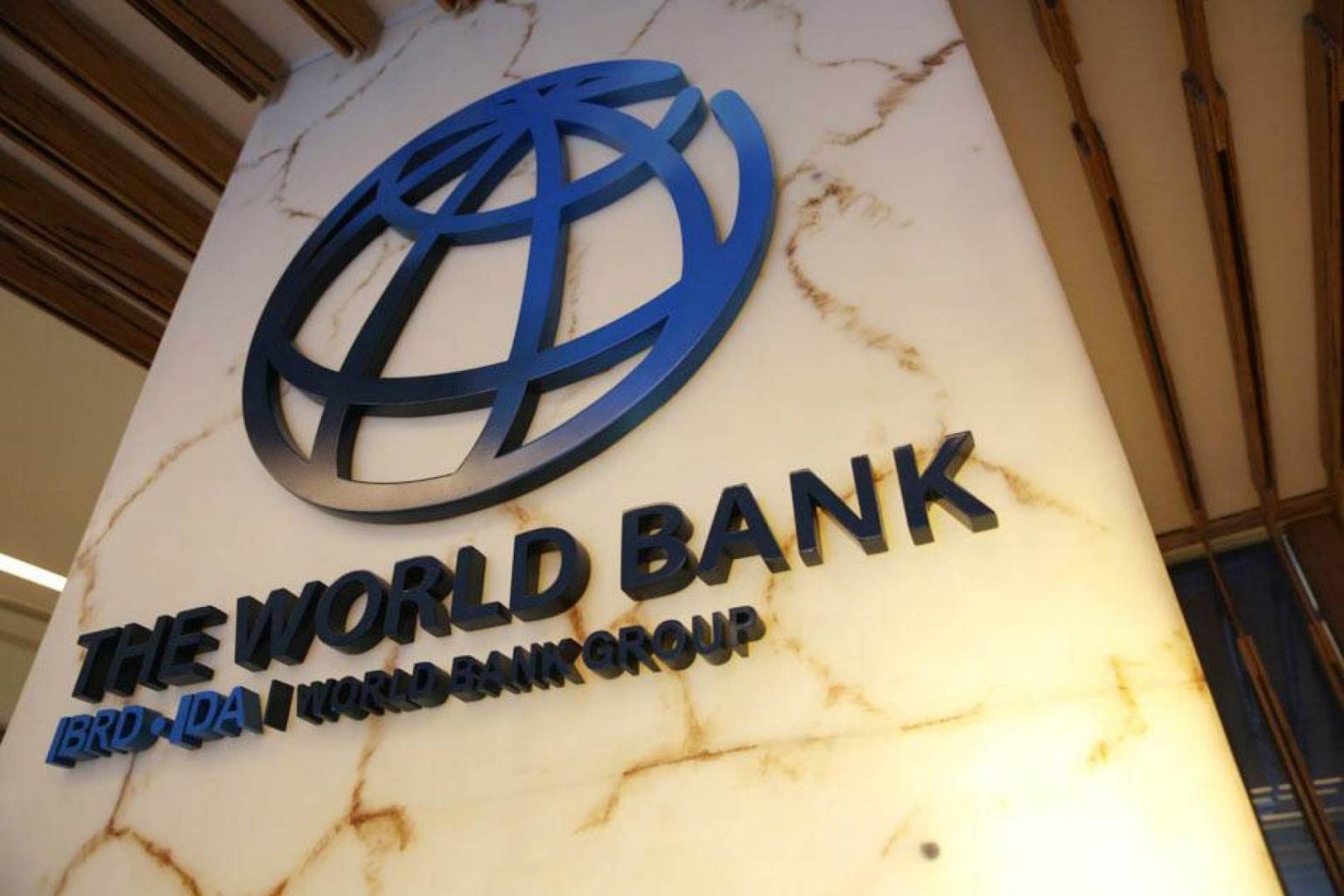The World Bank criticized the Tunisian authorities’ policy in the local economy, which is experiencing complex crises, saying that “there is a failure to manage the economy.”
Managing the local economy is not optimal due to the shortcomings in the governance policy followed, the World Bank said.
The Vice President of the World Bank for the Middle East and North Africa, Farid Belhaj, stressed that the state must play a fundamental and central role in adjusting and regulating the economy, and it cannot be an influential economic actor.
The official Tunisian news agency quoted him as saying that “the common denominator in the Arab region is the heavy weight of the state at the level of the economy. We see a number of countries seeking to expand the role of the private sector, but in a codified manner.”
He added, “Tunisia does not need the World Bank or the International Monetary Fund, but rather needs a political will to change the way the economy is managed.”
Establishing governance requires the adoption of transparency in the efficient management and control of government companies and development projects through the application of international standards inspired by the principles of the Organization for Economic Cooperation and Development.
Governance needs strong foundations so that an environment conducive to corruption cannot emerge within it, and thus the various procedures, laws and its organizational structure constitute the frame of reference for continued productivity.
Despite the arsenal of legislation that Tunisia possessed, it did not seem to be of any use, which prompted Belhaj, the Tunisian financial expert, to stress that to achieve this goal, an organized judicial, economic and social system must be established that gives more confidence to investors.
Public sector governance in Tunisia revolves around issues related to the distribution of powers in companies and the definition of the functions and competencies of departments, as well as procedures for appointments and exemptions from service, as well as rewards, distribution of profits, strategic options, shareholder rights and the rest of the overlapping parties.
Belhaj stressed that the World Bank is working to achieve two priorities in Tunisia, namely the social aspect and reforms related to subsidies and public sector companies, and reducing the wage bill, which annually consumes a third of the public budget.
He explained that multilateral institutions, of which Tunisia is a member, play an important role because they are able to provide an added value, especially in the field of international experience and comparative studies.
The Tunisian economy is also witnessing many difficulties, as the budget deficit reached 2.63 billion dinars ($947.1 million) in the first seven months of this year.
According to a report by the Ministry of Economy and Finance, the budget deficit is expected to reach $2.85 billion in all of 2021, equivalent to 6.6% of GDP.
Tunisia, which borrowed $3.15 billion to cover the budget deficit this year, needs to mobilize additional resources worth more than $3.59 billion until the end of 2021.
